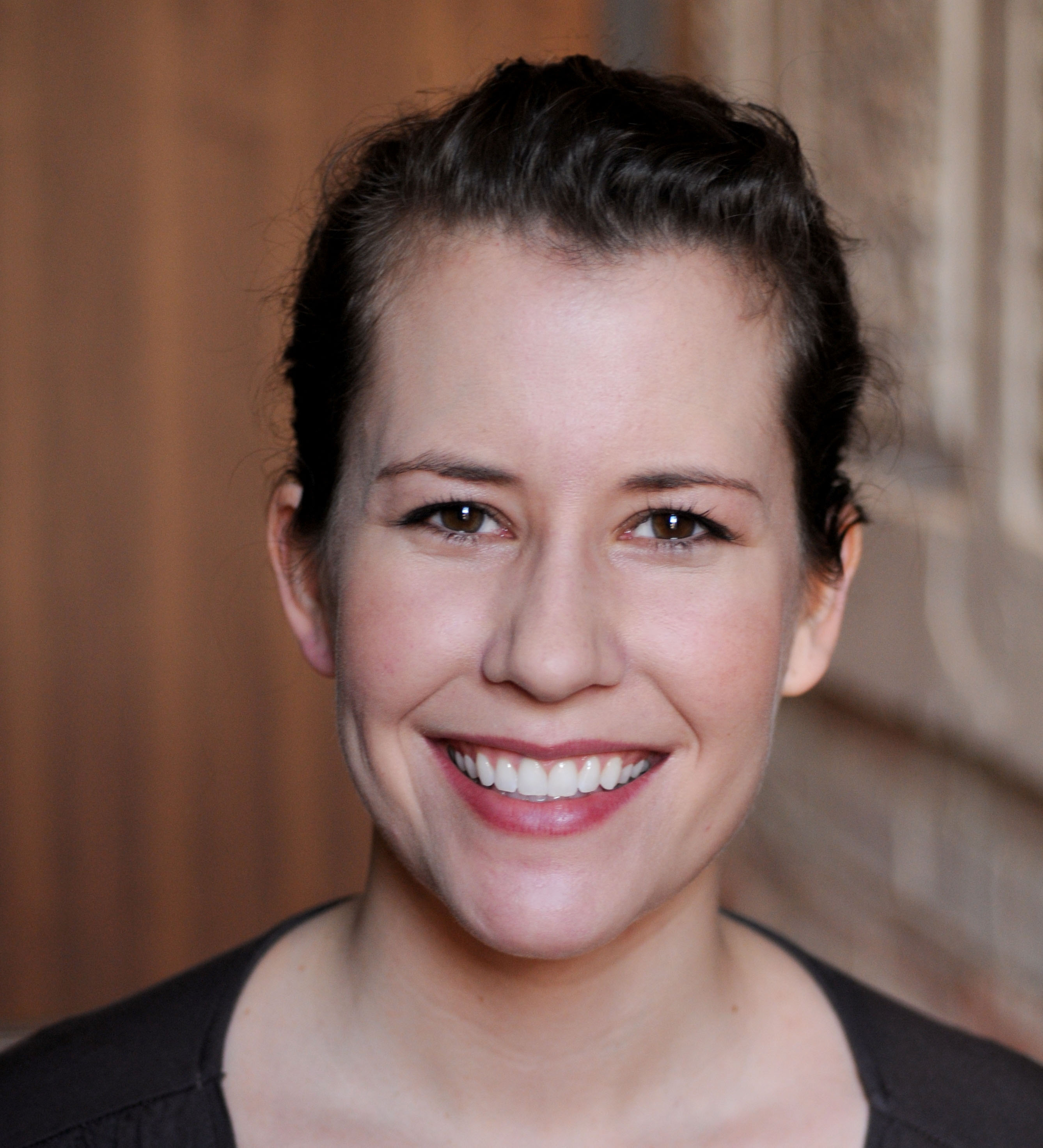Climate change response and sustainable development paths - Unmasking the Synergies
The first in the series of the Meeting the Climate Change Challenge (MC3) Dialogues
This conversation brings together members of the MC3 research team to discuss the siginificance of investigating climate change innovations within BC communities. The discussion will provide insight on what opportunities these innovations present for social learning among communities and what the strategic implications are for transitioning to more sustainable development paths. The MC3 project views BC as a 'living laboratory' for policies surrounding climate change, and this discussion will bring us closer to determining how the municipalities can effectively do their part in addressing the world's most prevalent environmental issue. A follow up LiveChat was held on this page on June 11th, 3:00pm to 4:00pm PST, in where the public was invited to ask their climate change policy related questions to the MC3 team, and a record of the LiveChat can be seen by clicking its respective box below.
More information on the MC3 project can be found on the project website.
Follow-up Live Chat
Download a PDF version of the LiveChat here.
E-Dialogue Conversation
The first MC3 e-Dialogue conversation can be viewed in the scrolling box below. You may review and/or refer to this conversation as the Live Chat session progresses to provide you with background and context to the MC3 project and e-Dialogues. If the text appears too small and unreadable, click in the scrolling box with the magnify tool and the text should zoom to the appropriate size.
Discussion Participants
 Professor Ann Dale, Moderator, holds a Canada Research Chair in Sustainable Community Development at Royal Roads University, School of Environment and Sustainability. A former Trudeau Fellow Alumna (2004), she is a Fellow of the World Academy of Arts and Science, chairs the Canadian Consortium for Sustainable Development Research (CCSDR), a Board Member of the World Fisheries Trust. and the founder of the National Environmental Treasure (the NET). Current research interests include governance, social capital and agency, biodiversity conservation, place-based and virtual sustainable communities. She is a recipient of the 2001 Policy Research Initiative Award for Outstanding Contribution to Public Policy for her book, At the edge: sustainable development in the 21st century. Professor Dale is actively experimenting with research dissemination and social media, and has recently launched HEADTalks.
Professor Ann Dale, Moderator, holds a Canada Research Chair in Sustainable Community Development at Royal Roads University, School of Environment and Sustainability. A former Trudeau Fellow Alumna (2004), she is a Fellow of the World Academy of Arts and Science, chairs the Canadian Consortium for Sustainable Development Research (CCSDR), a Board Member of the World Fisheries Trust. and the founder of the National Environmental Treasure (the NET). Current research interests include governance, social capital and agency, biodiversity conservation, place-based and virtual sustainable communities. She is a recipient of the 2001 Policy Research Initiative Award for Outstanding Contribution to Public Policy for her book, At the edge: sustainable development in the 21st century. Professor Dale is actively experimenting with research dissemination and social media, and has recently launched HEADTalks.
 Dr. John Robinson is Executive Director, UBC Sustainability Initiative, and a professor with the Institute for Resources, Environment, and Sustainability, and the Department of Geography, at the University of British Columbia. A major current project is the development of the research and partnerships programs around the new Centre for Interactive Research on Sustainability (CIRS) on the UBC campus. Dr. Robinson is a member of the Program Committee of the Pacific Institute for Climate Solutions, on the Board of the Sustainable Cities Foundation and the Pembina Institute, and a member of the Steering Group of HELIO International. He is a Fellow of the Trudeau Foundation and has been a Lead Author in the last three reports of the Intergovernmental Panel on Climate Change, which won the Nobel Peace Prize in 2007.
Dr. John Robinson is Executive Director, UBC Sustainability Initiative, and a professor with the Institute for Resources, Environment, and Sustainability, and the Department of Geography, at the University of British Columbia. A major current project is the development of the research and partnerships programs around the new Centre for Interactive Research on Sustainability (CIRS) on the UBC campus. Dr. Robinson is a member of the Program Committee of the Pacific Institute for Climate Solutions, on the Board of the Sustainable Cities Foundation and the Pembina Institute, and a member of the Steering Group of HELIO International. He is a Fellow of the Trudeau Foundation and has been a Lead Author in the last three reports of the Intergovernmental Panel on Climate Change, which won the Nobel Peace Prize in 2007.
 Sarah Burch is a cross-appointed Research Associate at Royal Roads University and the University of British Columbia, and a Visiting Research Associate at the University of Oxford’s Environmental Change Institute. She focuses on urban climate change governance, with an emphasis on practical, integrated approaches to sustainability. Sarah holds a PhD in Resource Management and Environmental Studies from the University of British Columbia, Canada. She was a Contributing Author to the Fourth Assessment Report of the Intergovernmental Panel on Climate Change, in both Working Group II (Impacts, Adaptation and Vulnerability) and Working Group III (Mitigation of Climate Change). Sarah’s current work includes “Meeting the Climate Change Challenge,” co-led by Profs. Ann Dale and John Robinson, which explores the dynamics of potentially transformative community-level innovation in response to climate change. Sarah also co-leads the “Novel Multi-sector Networks and Entrepreneurship” (NMNE) project, which investigates the drivers of emerging partnerships between the private and public sectors in the interests of climate change mitigation. Sarah writes and teaches about holistic and equitable strategies for building resilient, low-carbon communities.
Sarah Burch is a cross-appointed Research Associate at Royal Roads University and the University of British Columbia, and a Visiting Research Associate at the University of Oxford’s Environmental Change Institute. She focuses on urban climate change governance, with an emphasis on practical, integrated approaches to sustainability. Sarah holds a PhD in Resource Management and Environmental Studies from the University of British Columbia, Canada. She was a Contributing Author to the Fourth Assessment Report of the Intergovernmental Panel on Climate Change, in both Working Group II (Impacts, Adaptation and Vulnerability) and Working Group III (Mitigation of Climate Change). Sarah’s current work includes “Meeting the Climate Change Challenge,” co-led by Profs. Ann Dale and John Robinson, which explores the dynamics of potentially transformative community-level innovation in response to climate change. Sarah also co-leads the “Novel Multi-sector Networks and Entrepreneurship” (NMNE) project, which investigates the drivers of emerging partnerships between the private and public sectors in the interests of climate change mitigation. Sarah writes and teaches about holistic and equitable strategies for building resilient, low-carbon communities.
 Dr. Alison Shaw (PhD in Resource Management and Environmental Studies, University of British Columbia) is a Research Associate in Sustainable Communities in the School of Environment and Sustainability at Royal Roads University. Her research emphasizes global to local linkages in sustainability and climate change; building community resilience while minimizing community impacts on global climate change. Dr. Shaw researchs, teaches, consults and publishes in areas of science-policy innovation, global to local scenario development, and integrated and participatory methods for sustainability planning. As Research Associate with the MC3 project, she is interested in analyzing innovative drivers and methods contributing to social mobilization on climate change and sustainability in B.C.
Dr. Alison Shaw (PhD in Resource Management and Environmental Studies, University of British Columbia) is a Research Associate in Sustainable Communities in the School of Environment and Sustainability at Royal Roads University. Her research emphasizes global to local linkages in sustainability and climate change; building community resilience while minimizing community impacts on global climate change. Dr. Shaw researchs, teaches, consults and publishes in areas of science-policy innovation, global to local scenario development, and integrated and participatory methods for sustainability planning. As Research Associate with the MC3 project, she is interested in analyzing innovative drivers and methods contributing to social mobilization on climate change and sustainability in B.C.
 Dr. Meg Holden (PhD in Public and Urban Policy, New School for Social Research) is Assistant Professor of Urban Studies and Geography at Simon Fraser University in Vancouver, Canada, and the founding director of the Regional Vancouver Urban Observatory. Dr. Holden teaches and researches urban sustainable development in cities around the world, with a particular focus on the interaction between measurements and accountability for implementation of sustainability innovations in policy and practice. Her writing appears in Progress in Planning, the International Journal of Urban and Regional Research, Social Indicators Research, Applied Research in Quality of Life, Cities Journal, the Canadian Journal of Urban Research, the Journal of Planning Education and Research, Environmental Ethics, Ecological Economics, and Habitat International, among other venues.
Dr. Meg Holden (PhD in Public and Urban Policy, New School for Social Research) is Assistant Professor of Urban Studies and Geography at Simon Fraser University in Vancouver, Canada, and the founding director of the Regional Vancouver Urban Observatory. Dr. Holden teaches and researches urban sustainable development in cities around the world, with a particular focus on the interaction between measurements and accountability for implementation of sustainability innovations in policy and practice. Her writing appears in Progress in Planning, the International Journal of Urban and Regional Research, Social Indicators Research, Applied Research in Quality of Life, Cities Journal, the Canadian Journal of Urban Research, the Journal of Planning Education and Research, Environmental Ethics, Ecological Economics, and Habitat International, among other venues.
 Ben Finkelstein is Manager of Green Communities in The Carbon Neutral Government and Climate Outreach section of the BC Climate Action Secretariat in the Ministry of Environment. The Secretariat leads change to achieve the Province of British Columbia’s greenhouse gas emission reduction targets. Ben supports the work of the Ministry of Community and Rural Development, Union of BC Municipalities, The Green Communities Committee and local governments as they work towards achieving Climate Action Charter commitments. Prior to joining the Secretariat Ben worked in the Environmental Stewardship Division of the Ministry where he worked on strategic initiatives such as youth and environment projects, stakeholder engagement and partnership development. Previous to his work in British Columbia, Ben worked in the NGO sector in Ottawa and overseas on development and aid initiatives in Southern Africa and South East Asia.
Ben Finkelstein is Manager of Green Communities in The Carbon Neutral Government and Climate Outreach section of the BC Climate Action Secretariat in the Ministry of Environment. The Secretariat leads change to achieve the Province of British Columbia’s greenhouse gas emission reduction targets. Ben supports the work of the Ministry of Community and Rural Development, Union of BC Municipalities, The Green Communities Committee and local governments as they work towards achieving Climate Action Charter commitments. Prior to joining the Secretariat Ben worked in the Environmental Stewardship Division of the Ministry where he worked on strategic initiatives such as youth and environment projects, stakeholder engagement and partnership development. Previous to his work in British Columbia, Ben worked in the NGO sector in Ottawa and overseas on development and aid initiatives in Southern Africa and South East Asia.
Discussion
The complete discussion can be downloaded here.
Resources
To view more details on the cases, explore the MC3 interactive map of the case study communities.
The National Municipal Adaptation Project (NMAP) aims to assess the state of planning for adaptation and resiliency in Canadian local governments.
Return to MC3 Dialogues hompage.